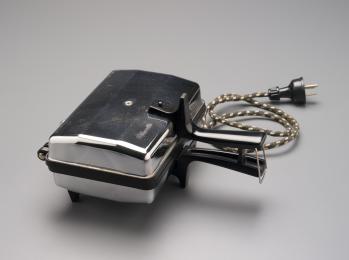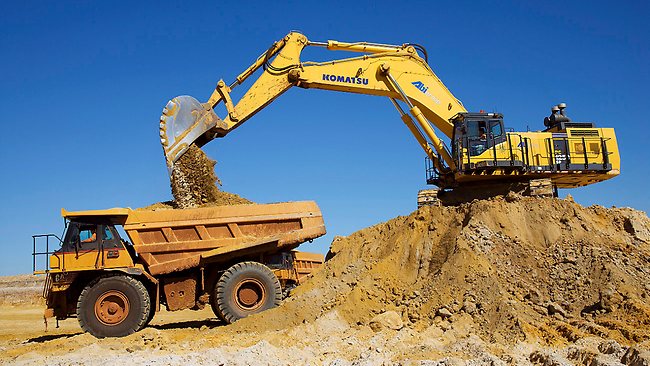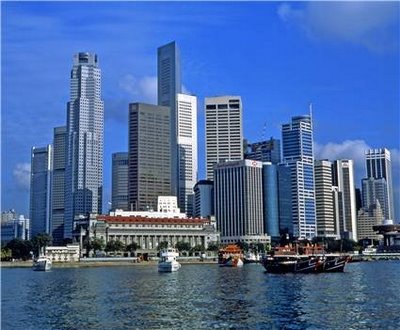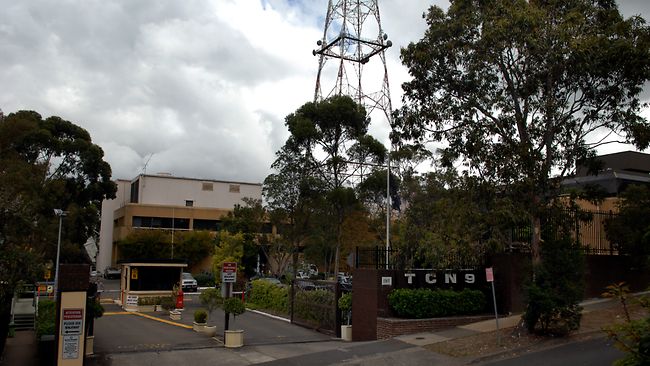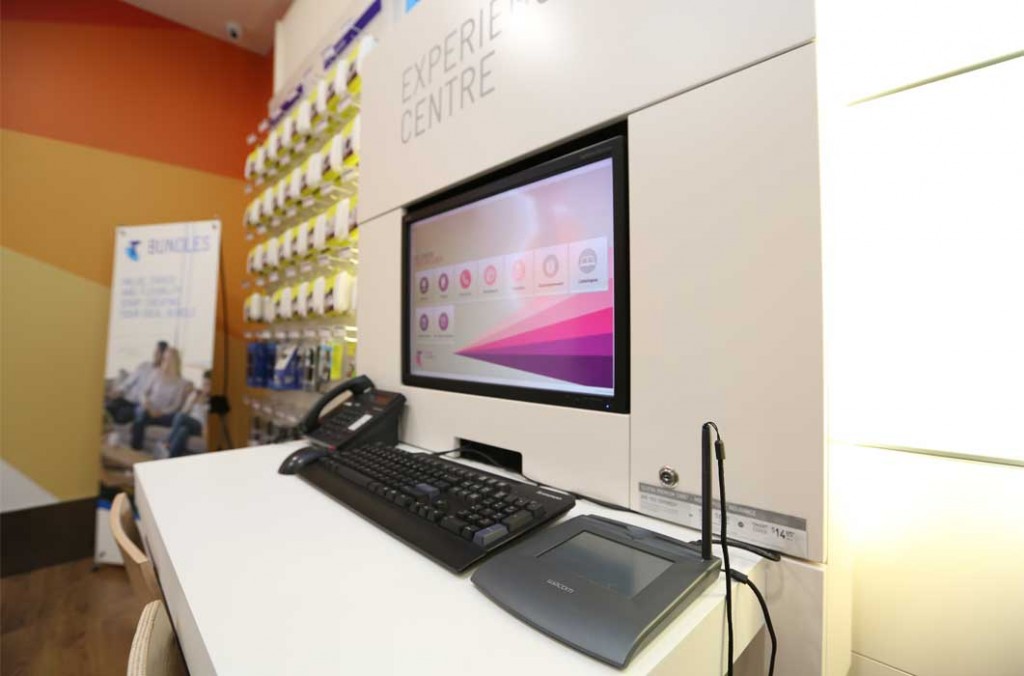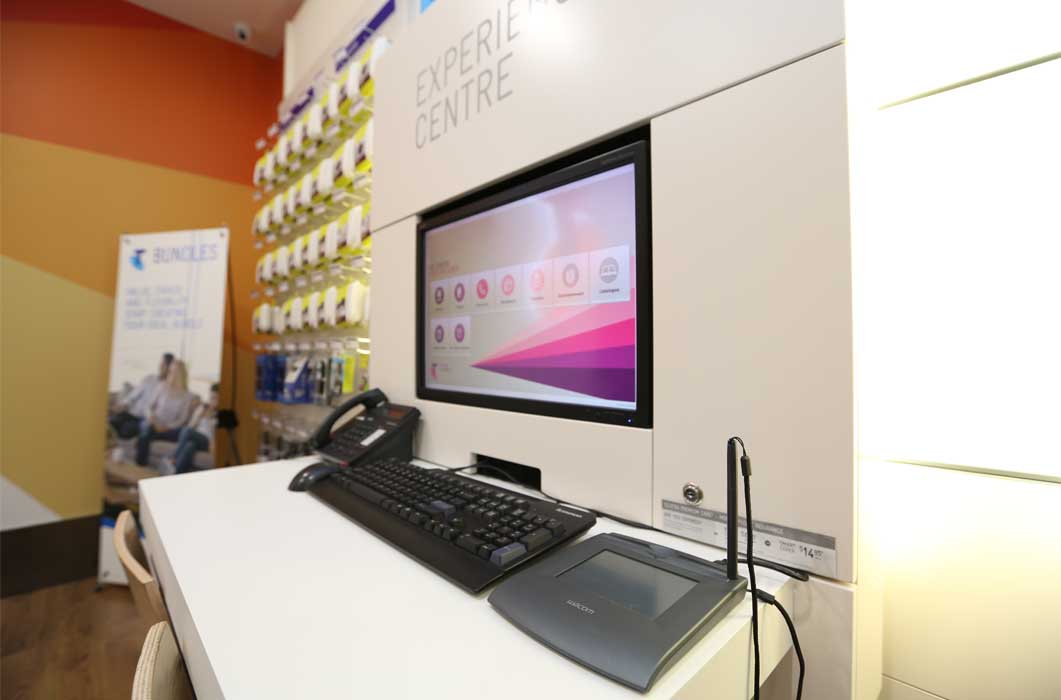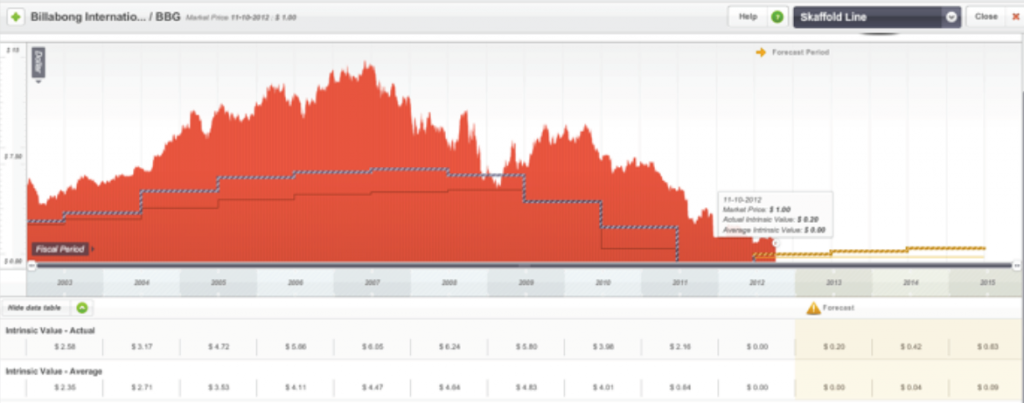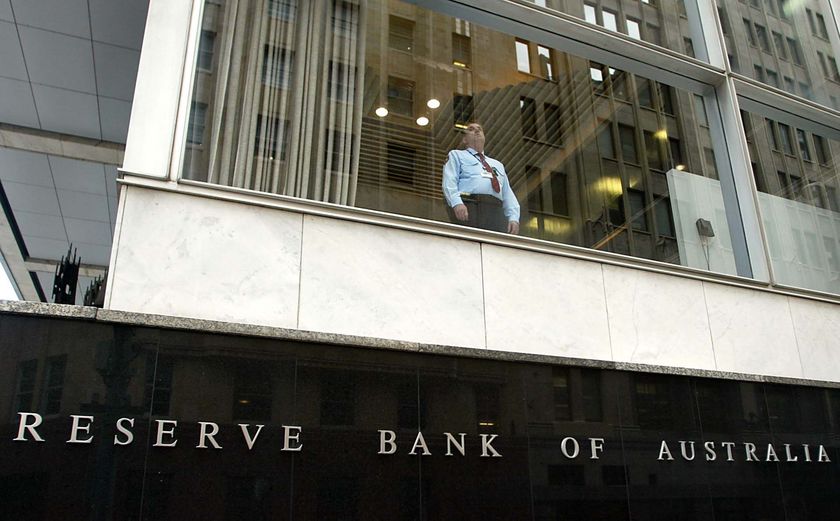The front page of Today’s Fin Review reports that Australia is losing ground against Asian competitors in its plan to be a ‘financial hub’.
As many of you know I reported here back in July after my visit to Singapore that Australia has zero chance of being a financial hub. A “hub” must be at the centre of a wheel to work. Geographically Australia is about as much a hub as a cul de sac is a junction. Australia is geographically disadvantaged. Its is far from everywhere.
As a result Australia must do even more than its neighbours to encourage immigration of the best and brightest. Its must be more generous with its tax structure and it must do more than its neighbours in innovating the education system.
But the fact that Australia is losing the ‘financial hub’ race is a reflection of so much that is wrong with the management of our many amazing resources.
Australia lost its chance to be a financial hub and in fact advertised to the world that it didn’t want to be, years ago, when Deutsche Bank offered to set up its Asian Headquarters here but requested tax concessions. The government – in its typically big picture, long term thinking – was not forthcoming.
Australia cannot and and will not become a financial hub of Asia because it missed its chance.
Any visitor to Singapore can see why no large global and profit-motivated financial institution would leapfrog Singapore to set up in Australia. And its not just because their press is controlled and their political system stable. First, their tax structure is much more attractive (it can be), secondly; labour can be supplied at very cheap rates (another by-product of geographic proximity to cheap sources) allowing full time focus on more productive and higher value endeavours. Third, disincentives such as high taxes on motor vehicles (The COE renders a VW Polo ($19,000 in Oz) a $120,000 car in Singapore) and levies on locals visiting the two casinos has allowed the government to fund the build of one of the world’s most efficient and attractive mass transit systems and now serious dollars are being tipped into the development of an underground road network. Singapore will have built a complete underground road network, a secure, safe, attractive and expanding mass transit system while Sydney will still not have solved congestion on the spit bridge.
Singapore is getting things done and that’s the fourth thing that attracts competitively minded organisations.
This paragraph from Singapore’s Tax Portal tells the story of how they are encouraging new businesses to set up, to innovate and to create jobs.
“The tax exemption scheme for new start-up companies was introduced in Year of Assessment (YA) 2005 to support entrepreneurship and to help our local enterprises grow.
Under this scheme, a newly incorporated company that satisfies the qualifying conditions can claim for full tax exemption on the first $100,000 of normal chargeable income* (excluding Singapore franked dividends) for each of its first three consecutive YAs.
Starting from YA 2008, a further 50% exemption is given on the next $200,000 of the normal chargeable income* (excluding Singapore franked dividends) for each of the first three consecutive YAs.”
So a new business gets a tax holiday on the first $100,000 of profit for the first three years and the next $200,000 is taxed concessionally. Thats up to $900,000 of seriously low tax rates over three years.
Expats in Singapore enjoy cheap airfares to Thailand, Malaysia, Bali, Cambodia and many other exotic locations and this is an appealing benefit for large corporations to consider when relocating staff.
We need leaders in Canberra not politicians. We have so much to offer and yet we are dropping the ball. The 24-hour news cycle ensures that Canberra is distracted from the main game by things of vanity and childish pride rather than enduring changes of long term strategic significance. A hundred years ago our leaders didn’t have to worry about their every utterance being plastered on the front page or on that evening’s news, or if it was, not too many were going to see it or hear about it anyway. They could focus on managing the country and had the space to think strategically.
Today, both major parties send teams of researchers to America not to discover secrets of productivity or tax efficiency but to learn and import the latest smear techniques to apply against their opponents. With the media reporting every utterance, we are systematically destroying our global competitiveness and this will cost our children dearly. The 24-hour news cycle produces pandering and has resulted in the tail wagging the dog and I for one am tired of it. The main game has become managing the media image not managing the country.
The government talks of improving productivity but instead we ensure low productivity and woeful innovation will be entrenched for years. We only need to look beyond the tax structure to the education system, as well as the distraction of teachers by the online comparison of school performance (something Singapore is dismantling after 20 years), to see that not much will improve in the foreseeable future. Our tax system stifles innovation and entrepreneurship and ensures the best and brightest export their ideas, their job hires and their business and revenue growth to Silicon Valley or Asia. Our public education promotes mediocrity and offers few opportunities for the brightest kids. Pecking orders among trenched teachers crush the enthusiasm of the new system ensures there will be no innovation in the tax system.
If we are serious about the future of our country much needs to change. But it is not happening because our leaders are not leading. They’re wasting our time and theirs and undeserving of our trust. What parent would point to a politician and tell their child; “if you work hard and study, you could be one of them one day”. The reputation of the office has been tarnished because it is ineffective.
Singapore 1, Australia Nil.
